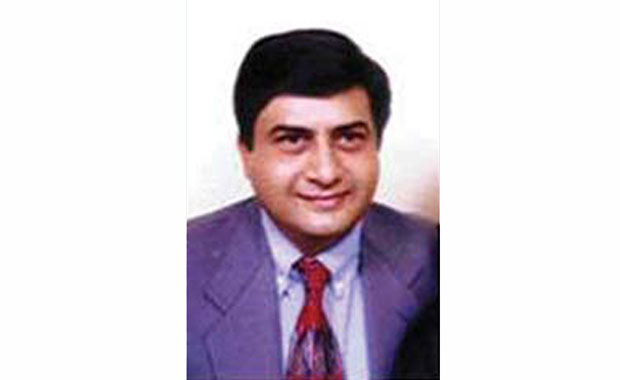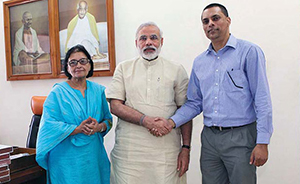Grand Initiative
I would like to congratulate India Empire, especially the Editor Mr. Sayantan Chakravarty,
We know that one in four persons will develop a mental illness at least once in their life time. The burden of disease for mental illnesses has been steadily increasing and depression is emerging as the number one disease worldwide in terms of mortality and morbidity. Anxiety, Depression, Panic attacks, Obsessive Compulsive Disorders, Phobias, Post Traumatic Stress Disorder, Bipolar disorder, Schizophrenia, Childhood mental disorders, Dementia, Culture specific syndromes, Addictions etc. are some of the mental illnesses which commonly afflict humanity. People with mental illnesses may die many years earlier than rest of the population and face discrimination, prejudice and stigma along with their family members. There is a strong link between physical and mental disorders, specially with Diabetes, Hypertension, Heart Disease, Cancer and Accidents apart from addictions. Similarly many subclinical syndromes, stresses and problems of living or relationships have a huge impact on the overall economic and happiness indexes. The economic and human cost from mental illnesses to the society is tremendous and thus World Economic forum has for the first time ever appointed a Global Agenda Council on Mental Health.
It is seen that there are many links of computer sciences, neurosciences, genetic and health frontiers with culture, social issues and spirituality which shapes causation and management of Mental Health issues. There are thus many stakeholders to improving mental health and well-being of the communities, society and nations. It is thus imperative that we start a movement to empower the public at large and all stakeholders – judiciary, law enforcers, politicians, bureaucrats, policy makers, administrators, physicians, spiritualists, families and users of health services and many more.
WPA under the leaders of the President, Dr. Dinesh Bhugra, the executive and office bearers apart from focusing on spearheading the amelioration of mental illnesses and enhancement of health and well-being have identified five parallel themes:
a) domestic gender-based interpersonal violence;
b) child sexual, physical and emotional abuse;
c) prisoner mental health care;
d) mental health care of underserved groups such as elderly; lesbian, gay, bisexual and transgender; those with intellectual disabilities, migrants, refugees and asylum seekers; and











Comments.